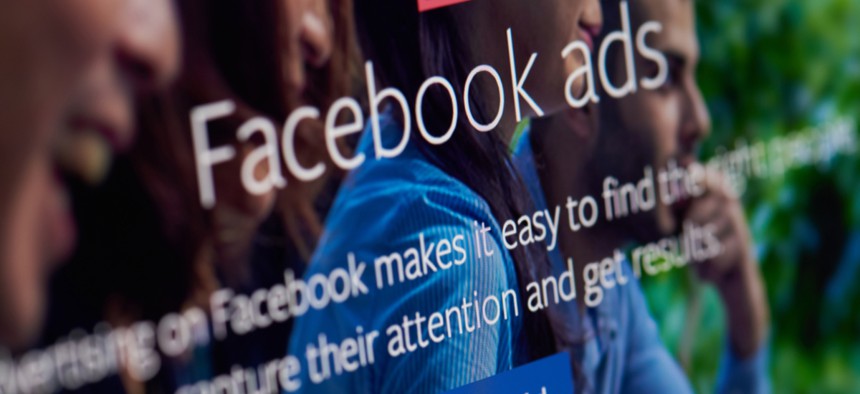We Tested Facebook’s Ad Screeners and Some Were Too Strict

PixieMe/Shutterstock.com
The platform mistook a disabled veterans fundraiser for a political ad.
When Facebook removed Jo Brower’s fundraiser for disabled veterans just hours after approving it this September, she was surprised and confused. Brower’s nonprofit had previously published similar ads for their annual November bicycle ride in St. Petersburg, Florida. This year, Facebook ruled that the fundraiser was “related to politics or issues of national importance” and needed special authorization.
“I asked them to help me understand what part of it was political,” says Brower. “There was nothing political. They never got back to me.” Facebook refused her appeal and charged Brower for the ad. Now, Brower doubts she will advertise on Facebook again.
This year, online advertising platforms including Facebook, Google, and Twitter are reviewing millions of ads to protect American elections from unlawful influence and to disclose legitimate campaign activity. These platforms are also making mistakes. This election, Facebook has been accused of wrongly blocking ads for community centers, news articles, veterans pages, and food advertising.
If corporate political filters make enough mistakes, they could substantially impact American civic life. Public holidays, community centers, and news conversations knit together the civic fabric of democratic life, enabling Americans to understand each other and work together despite our differences. Each time a platform wrongly restricts a community announcement, this civic fabric weakens, with fewer people honoring American veterans, fewer relationships among neighbors, and less common understanding at a time of growing polarization.
How common are these mistakes and are they politically biased? To find out, our team of academics and U.S. citizens submitted hundreds of non-election ads to Facebook and Google, recorded their responses, and analyzed the results. Because platform election-advertising policies are so large and complex, we had to write a software program to direct our eight-person human audit team, which also included Ben Werdmuller, Jason Griffey, Chris Peterson, Scott Hale, and Nick Feamster.





